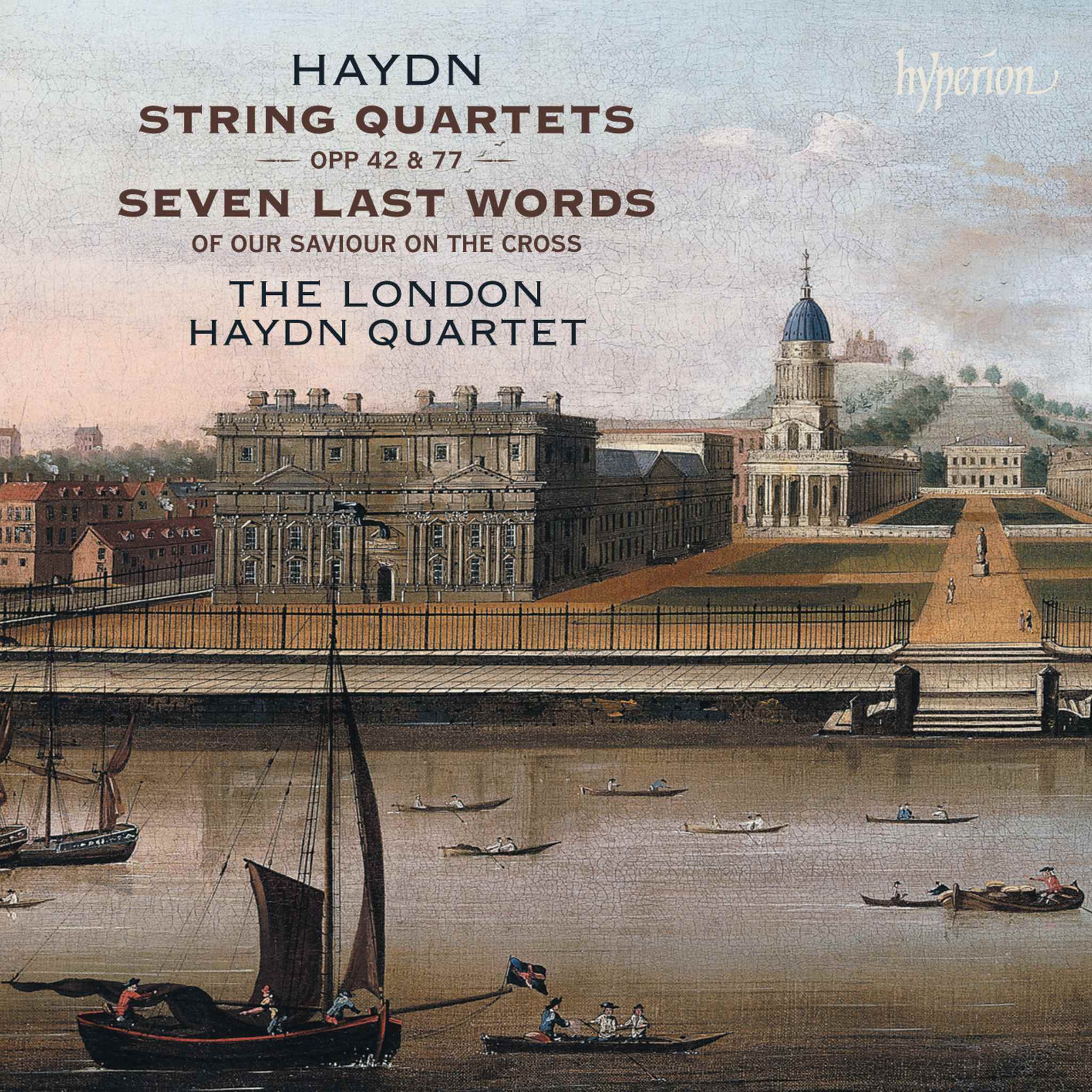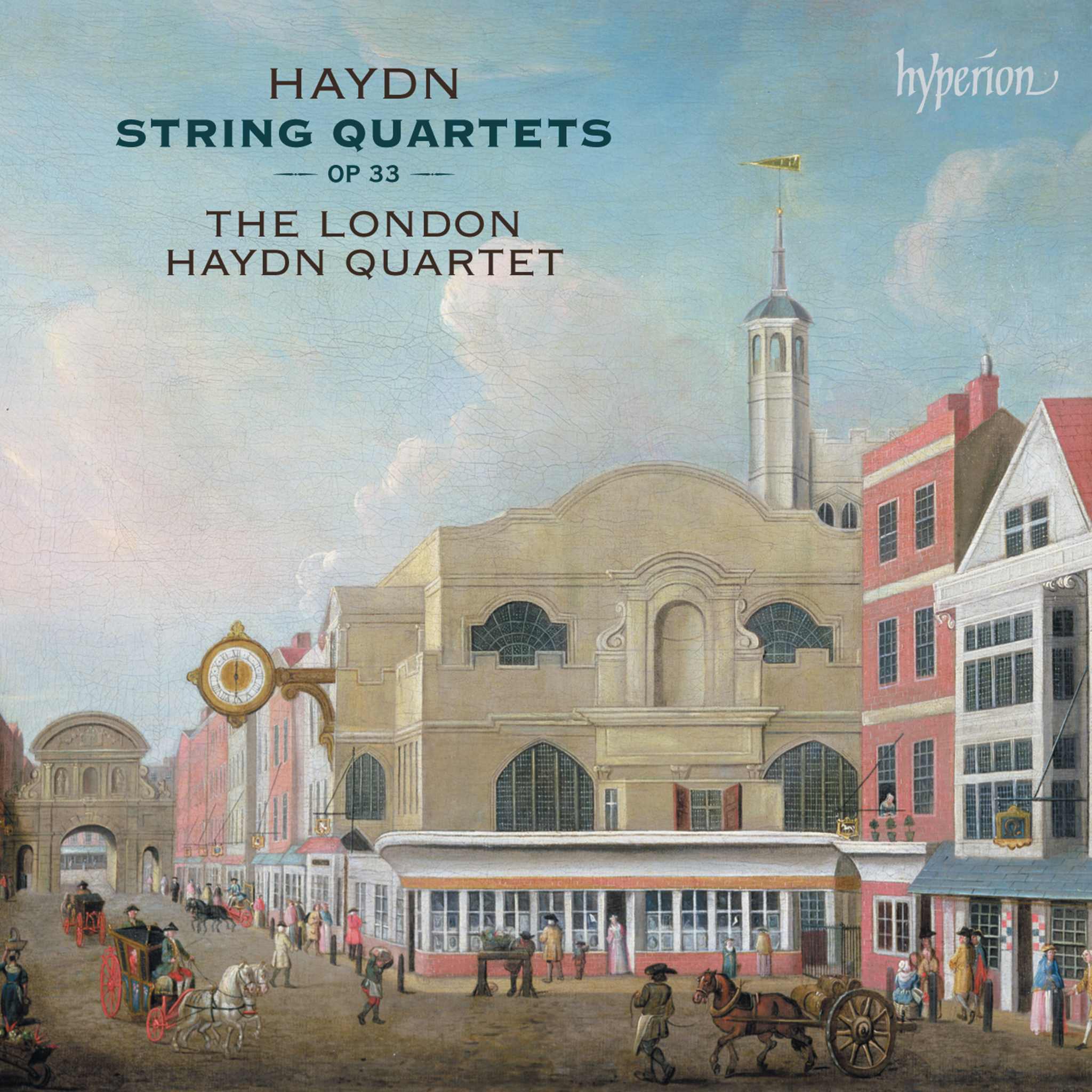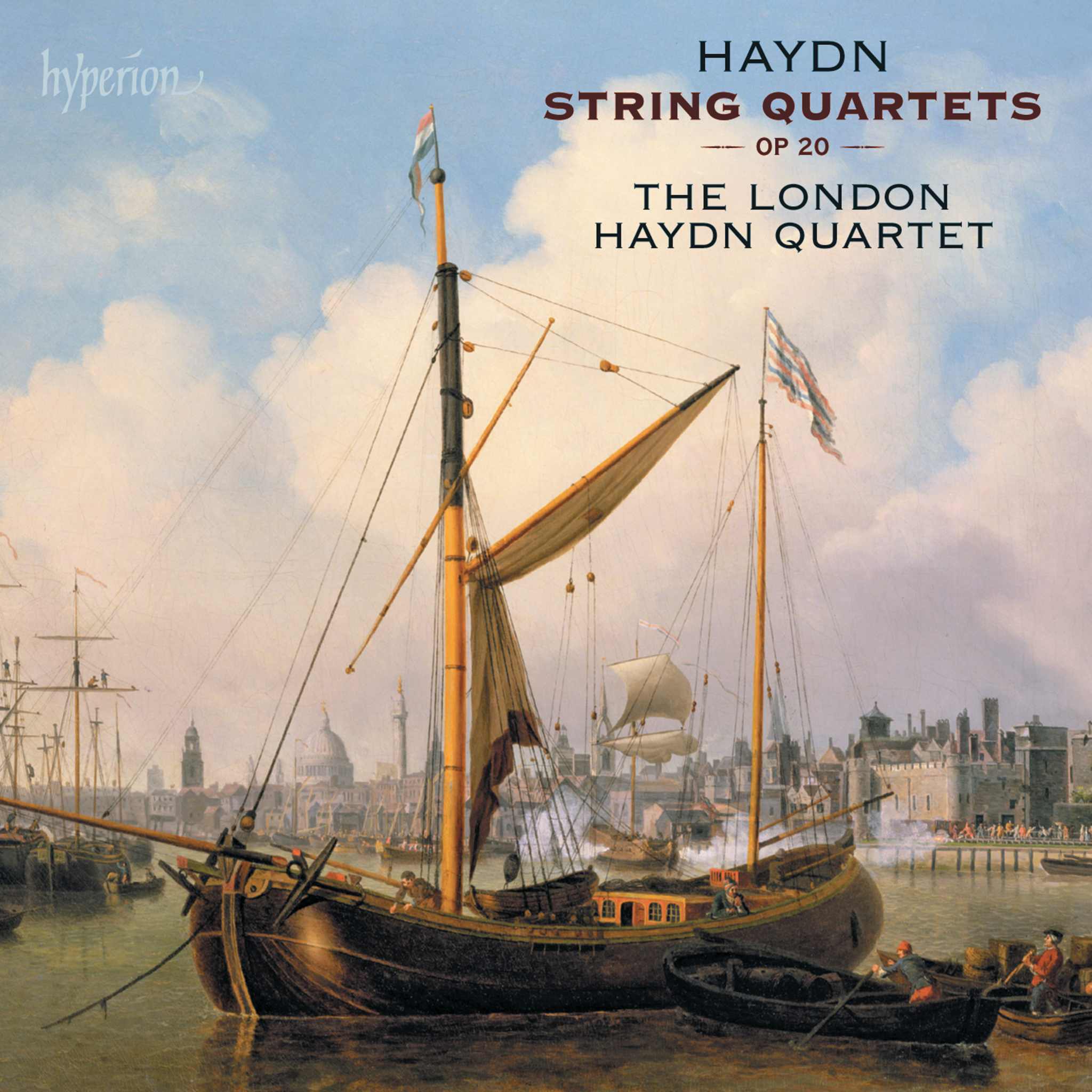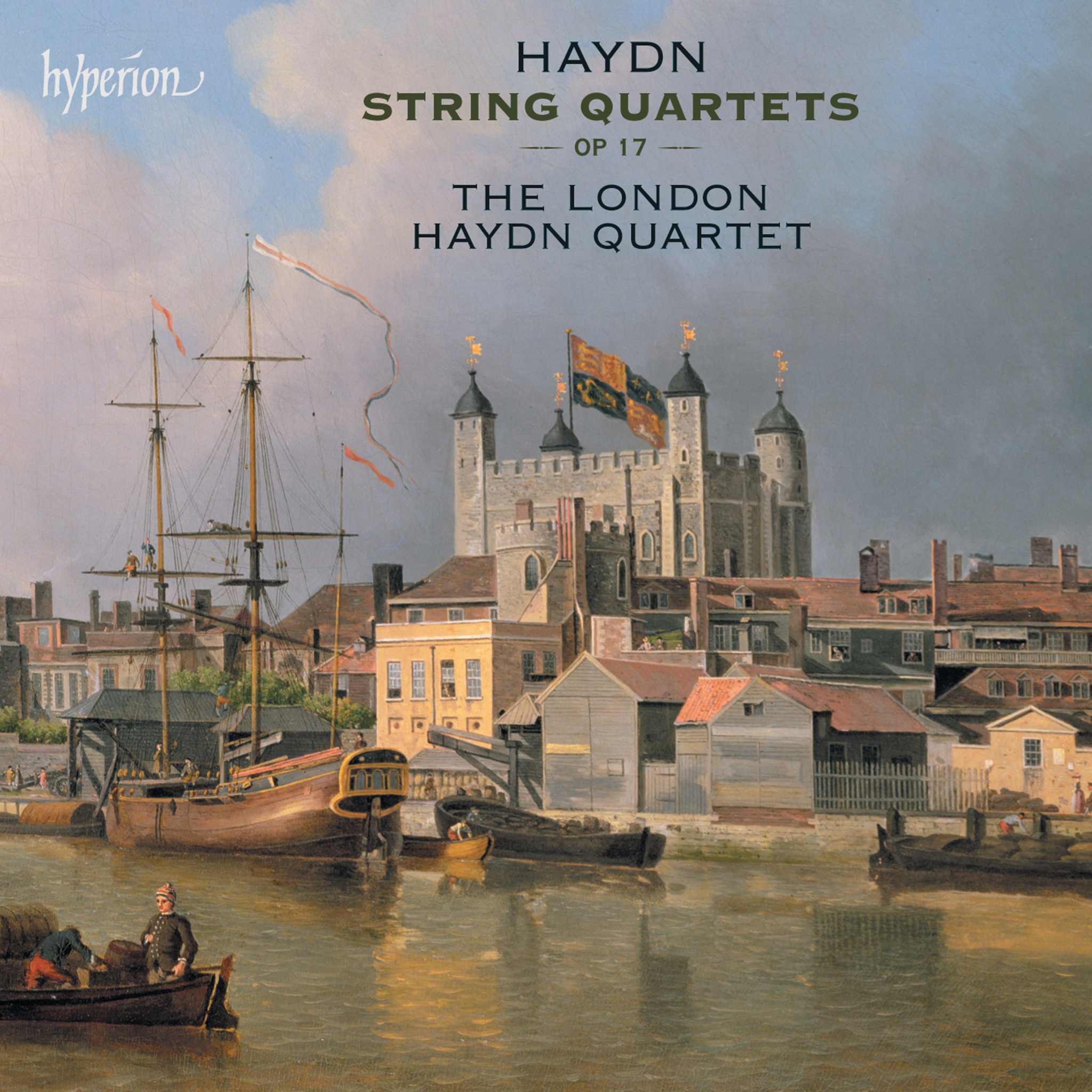Album insights
Die gegenwärtige Pianistengeneration hat sich weitgehend von der Musik entfernt, in der die großen Pianisten des 20. Jahrhunderts glänzten. Dieser Geschmackswandel lässt sich teilweise durch das Verschwinden der 78-Umdrehungen-pro-Minute-Schallplatten erklären. Diese früheren „78er“-Platten hatten eine begrenzte Aufnahmedauer, weshalb Meister meist nur kurze Stücke spielten, anders als bei heutigen Rezitalen, die oft ganze Sonaten oder Zyklen umfassen. Auch die Gestaltung von Live-Konzerten hat sich stark verändert. Die Programme sind heutzutage komplexer und wirken trotz ihrer Kürze oft länger als die ausgewogenen, sorgfältig zusammengestellten Programme von Rachmaninow. Früher boten Konzertprogramme eine größere Vielfalt, indem verschiedene Komponisten oder sogar eigene Kompositionen der Pianisten präsentiert wurden. Diese Vielfalt geht bei heutigen Zugaben fast vollständig verloren. Ein Trend lässt sich beobachten, der leichtere oder unterhaltsamere Musik weniger wertschätzt, was zu Vorurteilen und einer übertriebenen Ablehnung kürzerer Stücke führt. Diese Haltung beeinträchtigt die musikalische Vielfalt, da Werke nicht nach ihrem eigenen Wert beurteilt, sondern nur im Vergleich zu anderen gesehen werden. Solche Vorurteile zeigen sich auch in der Kritik an Künstlern wie P. G. Wodehouse.
Obwohl Gioacchino Rossini kein Pianist war, komponierte er später im Leben bemerkenswerte Klavierstücke mit technisch anspruchsvollen Passagen. Dazu gehört das spannende Petit Caprice im Stil Offenbachs mit einer beeindruckenden Folge von oktavischen Glissandi. Respighi orchestrierte dieses Stück für La boutique fantasque, doch die originale Klavierversion ist mindestens ebenso faszinierend.
Mozarts Don Giovanni stammt aus dem Jahr 1787, während Ferruccio Busoni in den frühen 1920er Jahren seine lehrreiche Klavierübung veröffentlichte. Darin enthalten ist auch seine Transkription von Don Giovannis Serenade „Deh vieni alla finestra“, in der die Solomandoline durch eine geschickte Handtechnik auf dem Klavier imitiert wird.
George Gershwin komponierte seine Orchesterwerke zunächst für Klavier und orchestrierte sie später. Sein letztes Instrumentalwerk ist die Promenade, ursprünglich für den Film Shall We Dance? (1936) mit Fred Astaire und Ginger Rogers geschrieben.
Max Reger hinterließ ein umfangreiches Werk voller komplexer Instrumentalstücke. Sein Opus 76 umfasst sechzig volkstümliche Lieder, darunter das beliebte Mariä Wiegenlied, das er persönlich für Klavier bearbeitete und 1924 veröffentlichte. Percy Graingers wenige Transkriptionen stehen neben denen von Liszt, Busoni und Rachmaninow. Sein Stück Blithe Bells (1931) ist eine tiefgreifende Interpretation von Bachs Kantate Nr. 208.
Einige späte und kurze Stücke von Wagner bestechen durch Charme und Eleganz, wie das Albumblatt „In das Album der Fürstin M.“ von 1861. Ignacy Friedman, vor allem als Pianist bekannt, komponierte ebenfalls, unter anderem die Sechs Wiener Tänze „nach Motiven von Eduard Gärtner“. Obwohl Anton Rubinsteins Klaviermusik heute größtenteils vergessen ist, zählt sein Valse-caprice von 1870 zu den beeindruckenden Werken.
Griegs „Ich liebe dich“, Op. 41 Nr. 3, zeigt eine kunstvolle Umarbeitung seines eigenen Liedes, während Schuberts Klaviermusik durch Liszt eine Wiederbelebung erfuhr. Bruckners Klavierwerke geben Einblick in seine Komponistenwerkstatt, etwa mit dem Stück „Erinnerung“, und Liszts Transkriptionen von Schuberts Tänzen gelten als feine Kunstwerke. Liszt war nicht nur ein herausragender Pianist, sondern auch ein Meister der Transkription.
Zwei neu eingespielte Stücke, darunter Yuletide Pastoral von 1997, wurden als Bonus hinzugefügt. Die Réminiscences de l’opéra „La Wally“ von Catalani aus dem Jahr 1988 nutzen Klaviertöne geschickt, um eine Opern-Fantasie zu schaffen.





